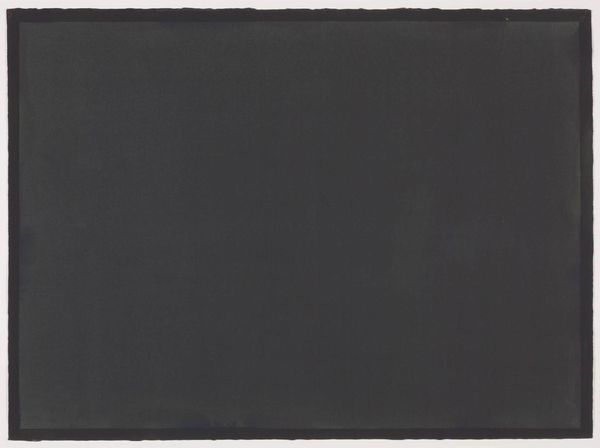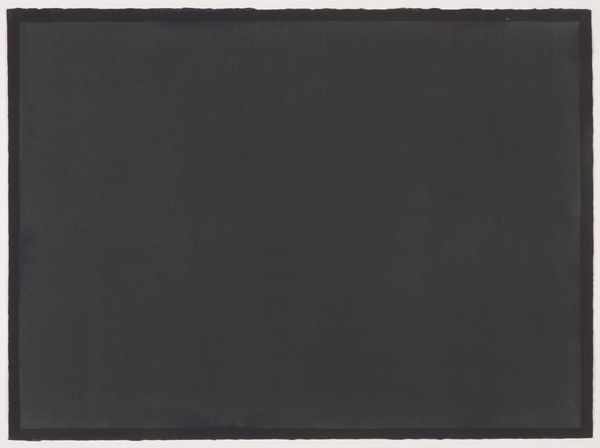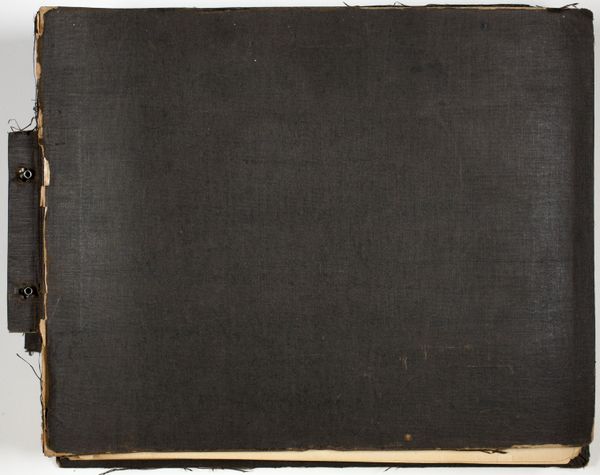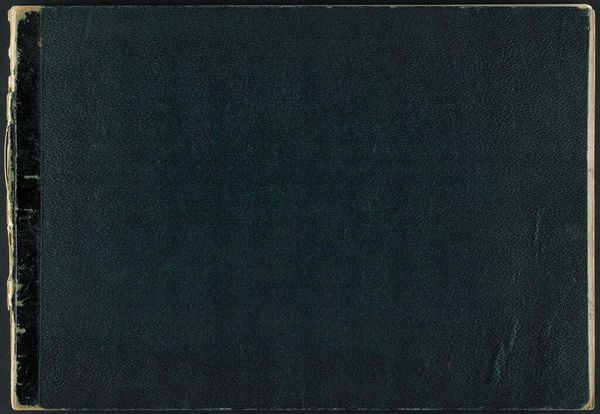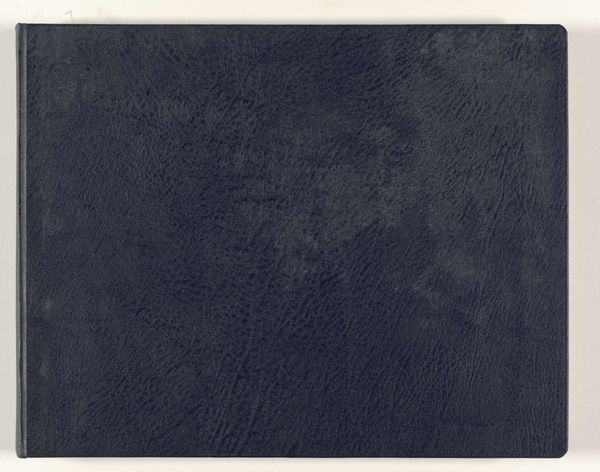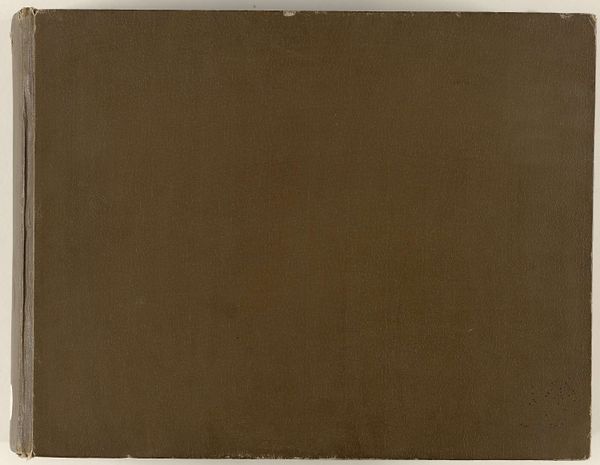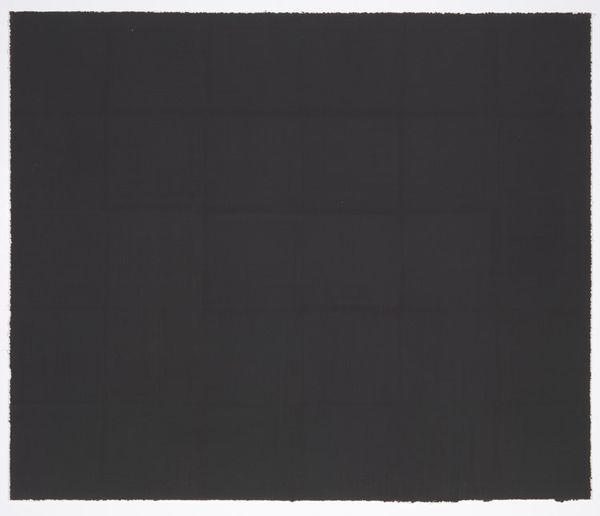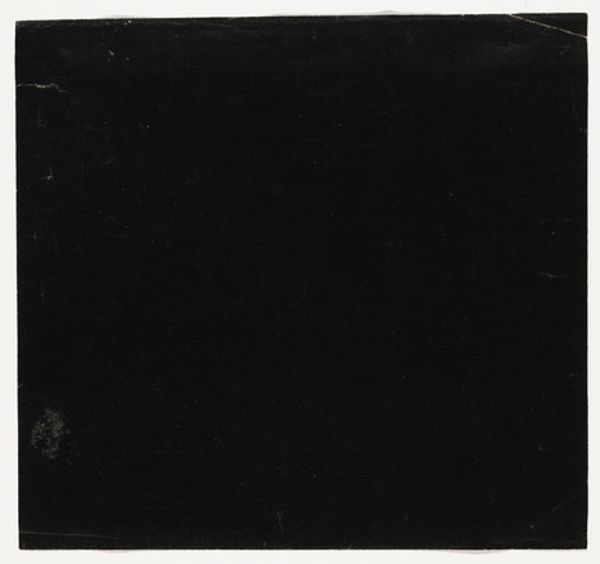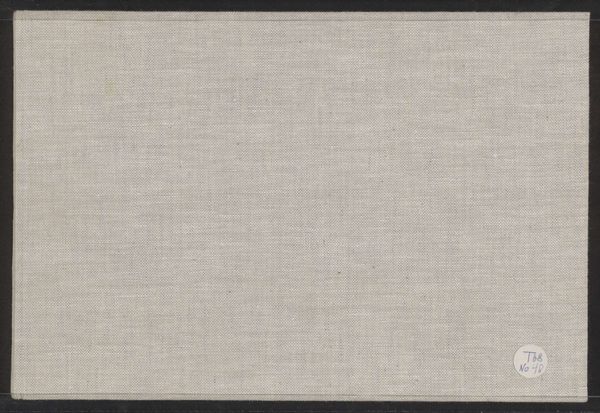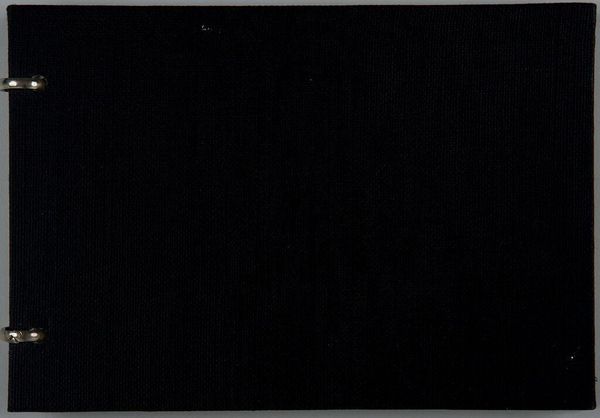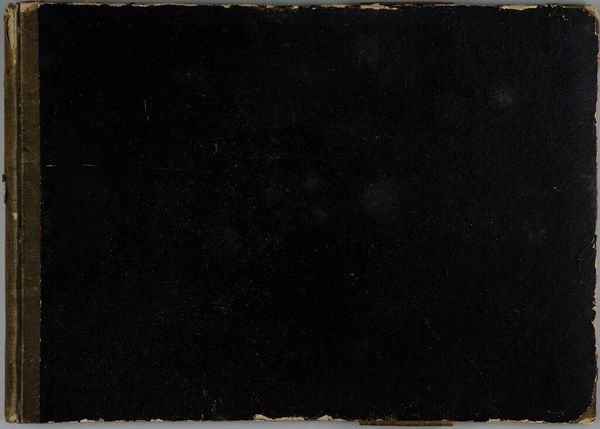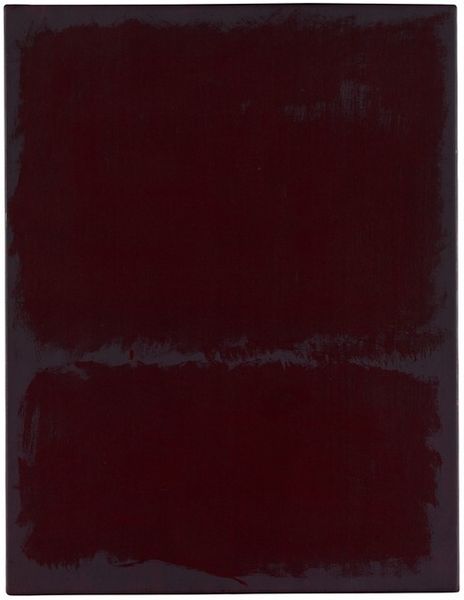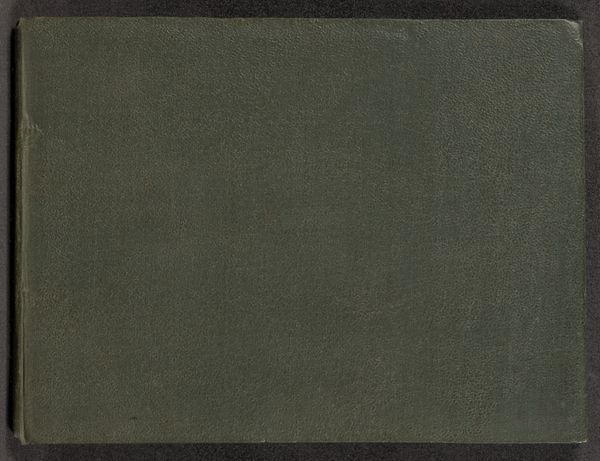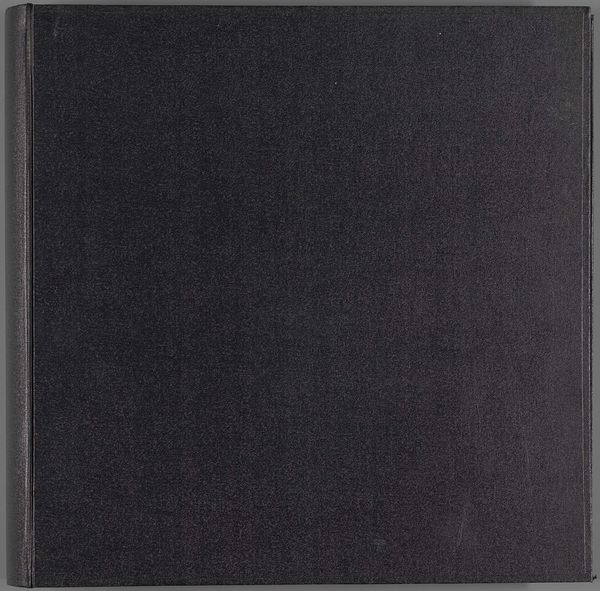
collage, print, photography, albumen-print
#
collage
# print
#
photography
#
albumen-print
Dimensions: height 310 mm, width 430 mm, thickness 25 mm
Copyright: Rijks Museum: Open Domain
Curator: At first glance, this seems like an unassuming, dark photograph of a nondescript album. The texture almost feels leathery and cold. I am not sure what is held between its covers... maybe a lost treasure, a forgotten tale? Editor: And, yet, this "Fotoalbum met politiefoto's over de opiumsmokkel, 1930" speaks volumes. It’s attributed to an anonymous source from sometime between 1920-1930, assembled as a collage of albumen prints and photographs, offering a chilling visual document of state power during the global “war on drugs”. It compels us to consider historical perspectives of control and power. Curator: Right, and you see the binding, too, feels rather fragile like it's barely holding together, maybe suggesting a secret trying to keep quiet. Opium is a potent signifier of cultural interactions, right? Editor: Absolutely, considering the complexities of colonialism, economics, and social injustice entangled within that single word—opium. It opens up dialogues around prohibition and global control in marginalized communities during the interwar period, where policies of containment and exclusion are reproduced through photography itself. The album isn't just an observation; it participates. Curator: It’s definitely interesting how this object brings up ethical dilemmas tied to looking and seeing and who has the authority to look and interpret in that sense, right? Thinking of it today. The medium is as interesting as the theme—why did the police put this together into an album, a display of trophy hunting? Editor: Indeed. Perhaps as a tool for institutional memory or internal consumption of those actions within the force—power made palatable through narrative. This era’s narratives reflect current struggles over justice systems today, in this intersection of visibility, representation, control. Curator: Ultimately, it feels that we must always approach something as simple as this “black book” carefully, and consider that the way of framing matters—it makes or unmakes entire worlds for those who come into view. Editor: Precisely, and while a casual glance at a faded book might not provoke questions of power and control, careful examination forces us to see it—perhaps to see the implications of control and power—everywhere around us today.
Comments
No comments
Be the first to comment and join the conversation on the ultimate creative platform.
